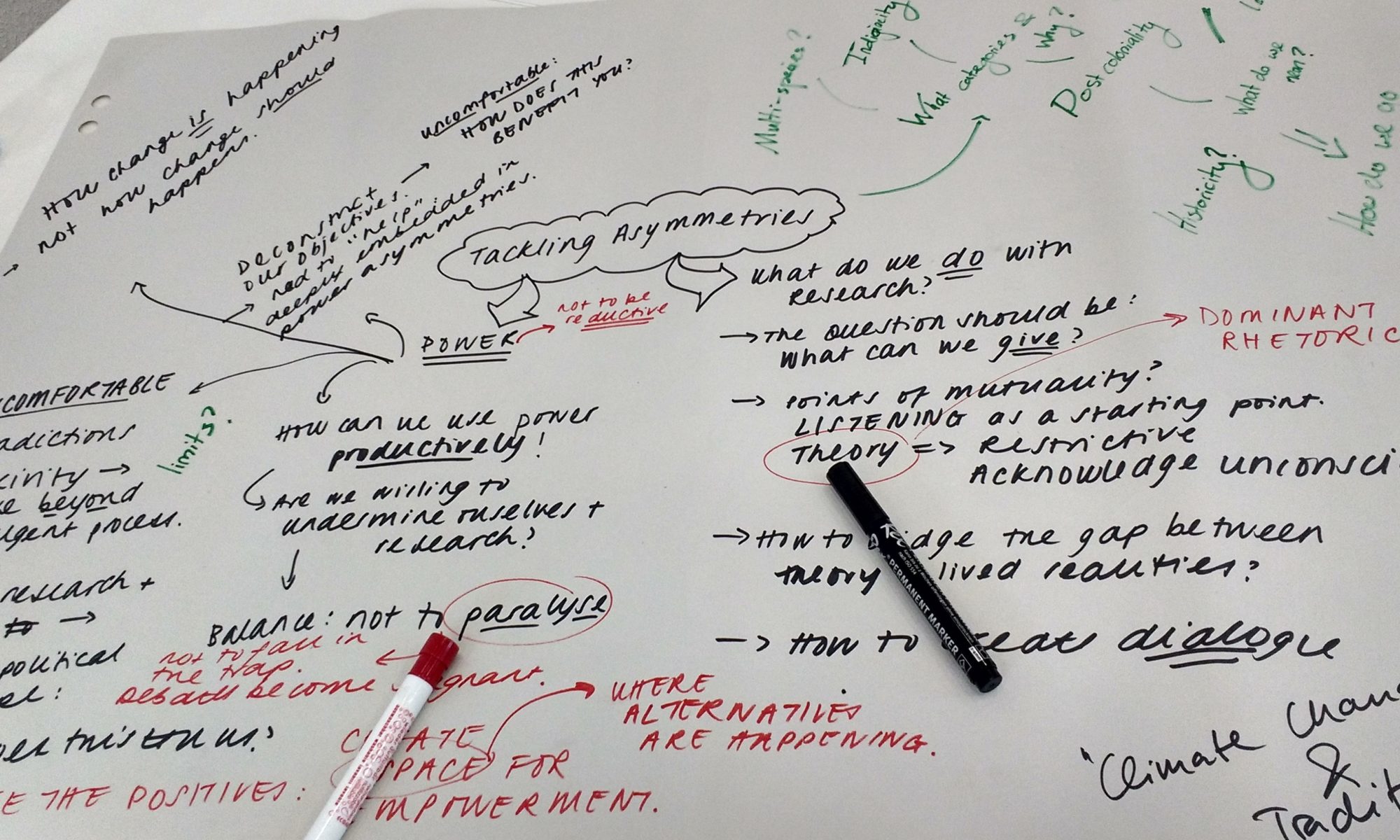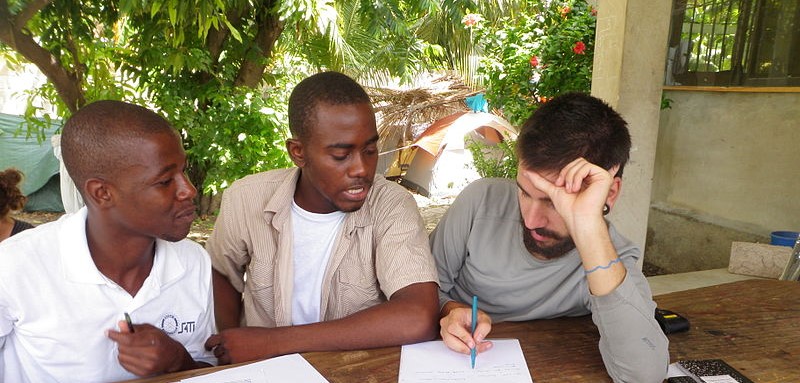By Kees Biekart | EADI/ISS Blog Series
The next EADI Development Studies conference is about “Solidarity, Peace and Social Justice”. But what does solidarity actually mean in relation to development studies?
Let’s assume development essentially comes down to a process of social change. Or better, a wide range of connected processes of social change. We can think of female textile workers in Bangladesh trying to unionise, even though the employers try to prevent this. Or we can think of measures to deal with massive flooding in the Bangladeshi deltas, washing away many houses of these textile workers’ families. Continue reading “Why do we need Solidarity in Development Studies”





